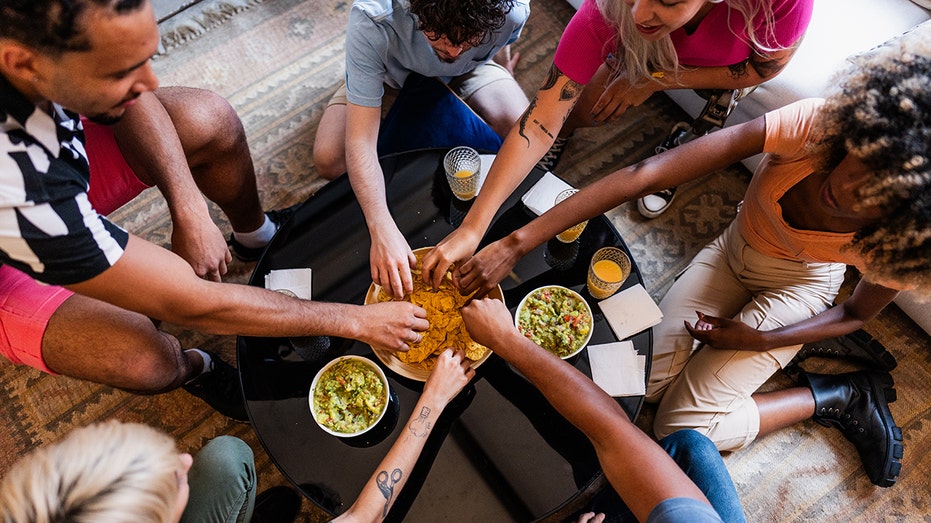Ultraprocessed Foods Linked to Premature Death: Global Study Prompts U.S. Food Dye Ban

Sarah Johnson
April 29, 2025
Brief
A major new study links ultraprocessed foods to premature deaths in eight countries, sparking U.S. plans to ban artificial food dyes amid rising health concerns.
Ultraprocessed foods are back in the hot seat as a sweeping new international study spotlights their connection to premature deaths. With the U.S. government moving to phase out artificial food dyes, researchers are piling on, revealing that these convenience foods are linked to higher mortality rates across eight countries.
The findings, published in the American Journal of Preventive Medicine, show that eating ultraprocessed foods—think packaged snacks, instant noodles, and colorful cereals—raises the risk of early death anywhere from 4% in Colombia to a whopping 14% in the U.S. and the U.K. The study tracked consumption levels from low in Colombia and Brazil, to intermediate in Chile and Mexico, all the way up to high in the U.S., U.K., Australia, and Canada.
Researchers say the message is clear: ultraprocessed food intake is fueling disease and should be a major target for national dietary guidelines and public health policies. Honestly, if snack cakes are a gateway to an early exit, maybe it’s time to rethink what’s in the pantry.
Brazilian nutrition expert Eduardo A.F. Nilson, who co-authored the study, highlighted that evidence tying ultraprocessed foods to health problems has "increased significantly over the last decade." He rattled off a laundry list of 32 adverse outcomes, including obesity, heart disease, diabetes, and even mental health issues. The impact is most severe in countries where these foods dominate the diet, like the U.S. and U.K.—making it clear that cutting back could save a lot of lives.
Dr. John Whyte, Chief Medical Officer at WebMD, weighed in with a warning about how easy it is to fall into the ultraprocessed trap. These foods are cheap, convenient, and seem to have the shelf life of a Twinkie—which, let’s be real, is both impressive and terrifying. Whyte even joked about foods that can survive in a pantry for years, asking, "What's in them that's allowing them to stay in your pantry for a couple of years?" If your dinner could outlast your houseplants, it might be worth a second look.
Whyte pointed to "blue zones"—regions where people regularly hit 100 and rarely deal with dementia or heart disease. The secret? Diets based on whole, plant-based foods, with little room for processed cookies or snacks. The big question, Whyte says, is how to make healthier food choices more available and affordable for everyone.
Meanwhile, the U.S. is taking action. Health officials, including HHS Secretary Robert F. Kennedy Jr. and FDA Commissioner Dr. Mary Makary, plan to phase out petroleum-based synthetic dyes in foods. Makary didn’t mince words, calling out the "toxic soup of synthetic chemicals" that American children have been swimming in for decades. She cited research linking these dyes to everything from ADHD and obesity to cancer and digestive issues.
With the evidence mounting and government action on the table, the days of neon-colored snacks might finally be numbered. For anyone who’s ever wondered how a cereal could stay fluorescent for years, it looks like scientists are just as suspicious.
Topics
Editor's Comments
If your snack can double as a time capsule, maybe it's less 'food' and more 'science experiment.' Love how the study finally gives us an excuse to side-eye that mystery box in the pantry.
Like this article? Share it with your friends!
If you find this article interesting, feel free to share it with your friends!
Thank you for your support! Sharing is the greatest encouragement for us.



